
Revelation Hope – Ephesus and Smyrna
Seven Messages to Seven Churches
The seven churches are the first in a series of sevenfold visions in the Book of Revelation.
John describes seven churches, seven seals, seven trumpets and seven plagues poured out from seven bowls.
An introductory scene precedes each of these sevenfold visions.
For example, the vision of Christ among the seven lamp-stands (see Revelation 1:12–20) comes before the vision of the seven letters (Revelation 2 and 3).
Introductory Scenes
The introductory scenes are like stage backdrops in front of which the actions of each vision take place.
Revelation is modelled in part on the form of an ancient Greek play, with seven acts and seven scenes played out against the backdrop of each vision’s introduction.
In the Book of Revelation, God has used the familiar form of the drama to communicate a message about what is real in the universe.
The churches are intended to reflect the image of Jesus here on earth as they seek to follow in His footsteps.
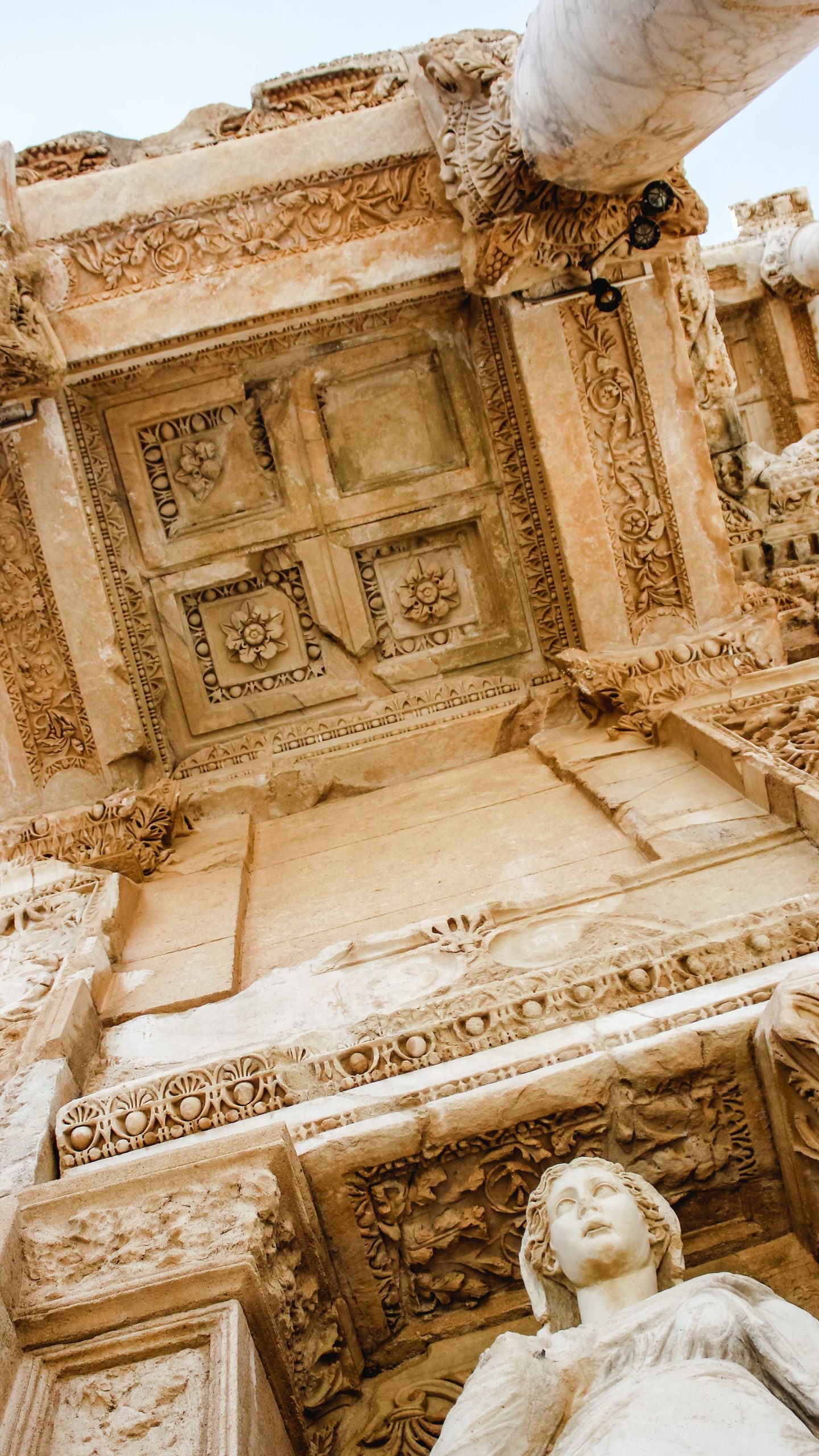
At the end is a promise for them if they follow Him faithfully and put things right.
Life in the First Century
We are going to look at life as it was in the first century.
We will explore the cities and people to whom the book was first written and see how the local scene affected those who were Christians living in those cities.
No two churches are exactly alike or treated the same way, so Jesus relates to them as individual groups.
Usually, Jesus says some good things first, and then gives them some advice.
At the end is a promise for them if they follow Him faithfully and put things right.
Jesus Described Uniquely for Each Church
What adds spice to this observation is the fact that the second part of each letter—the description of Jesus—in the two chapters that follow include characteristics of Him already mentioned in Revelation 1.
For example, the letter to Ephesus (see Revelation 2:1) describes Jesus as the one who holds the seven stars in His hand (compare Revelation 1:20) and walks among the seven golden lamp stands (compare Revelation 1:12, 13).
The Big Picture
So far, we have found Revelation is essentially a book with messages coming from Jesus in heaven to encourage His church on earth.
John uses imagery from the Old Testament sanctuary to show Jesus in the first apartment of the sanctuary.
The work of the priests was to keep the lamps burning brightly.
Jesus—as the High Priest—is in the heavenly sanctuary keeping the light of the church alive.
It is a message of encouragement for us all.

The Picture of Jesus
In the letter to Smyrna (see Revelation 2:8), He is the first and the last, the one who died and came to life (compare Revelation 1:17, 18).
Then in the letter to Pergamum (see Revelation 2:12), He approaches with a sharp, two-edged sword (compare Revelation 1:16). So it continues throughout.
No individual church has the full picture of Jesus. In other words, Jesus presents Himself differently to each of the seven churches.
Respecting the unique needs and characteristics of each church, He is able to adapt to their particular needs and circumstances.
These were not the only churches in Asia Minor but they were selected because of their experiences, which are mirrored in all other churches through the centuries and in people’s lives today.
Why Seven Churches?
The number seven is used in Revelation to represent completeness.
Church History Through the Centuries
Of course, the text of Revelation itself does not specifically say the descriptions of the churches are written as history in advance.
However, when eminent church historian Philip Schaff lists the major trends of church history, he describes them in terms remarkably similar to the language John used to describe the seven churches.
As Jesus through John writes to the seven churches, John is performing a prophetic ministry to counter the work of false prophets he sees influencing his churches in the first century.
As a prophet John is able to point out their departure from the faith, and predict what will happen to them as a consequence.
We will see that what he has written to each church in a prophetic sense reaches beyond the first century.
As a prophet John is able to point out their departure from the faith, and predict what will happen to them as a consequence. We will see that what he has written to each church in a prophetic sense reaches beyond the first century.
The problems the seven churches faced are in many respects the same problems the Christian church at large has faced down through the centuries.
They represent a snapshot of all the churches in all ages. Where some of the characteristics of particular churches come to dominate an era of church history, we will stop to reflect on the details.
There were no Roman legions stationed in Asia Minor at this time.
The people were grateful for the peace and prosperity that the Roman Empire brought to them. In fact, some of the cities were competing to set up emperor worship in their temples.
But trouble with Rome was just about to come to Christians in Asia Minor.
John, as their pastor, was seeking to warn them that the empire would not always be tolerant of them.
John encourages the believers to remain separate from the pagans and their temple worship, and not to eat food offered to idols or participate in their immoral ceremonies.
So let’s start looking at these letters to the churches one by one:

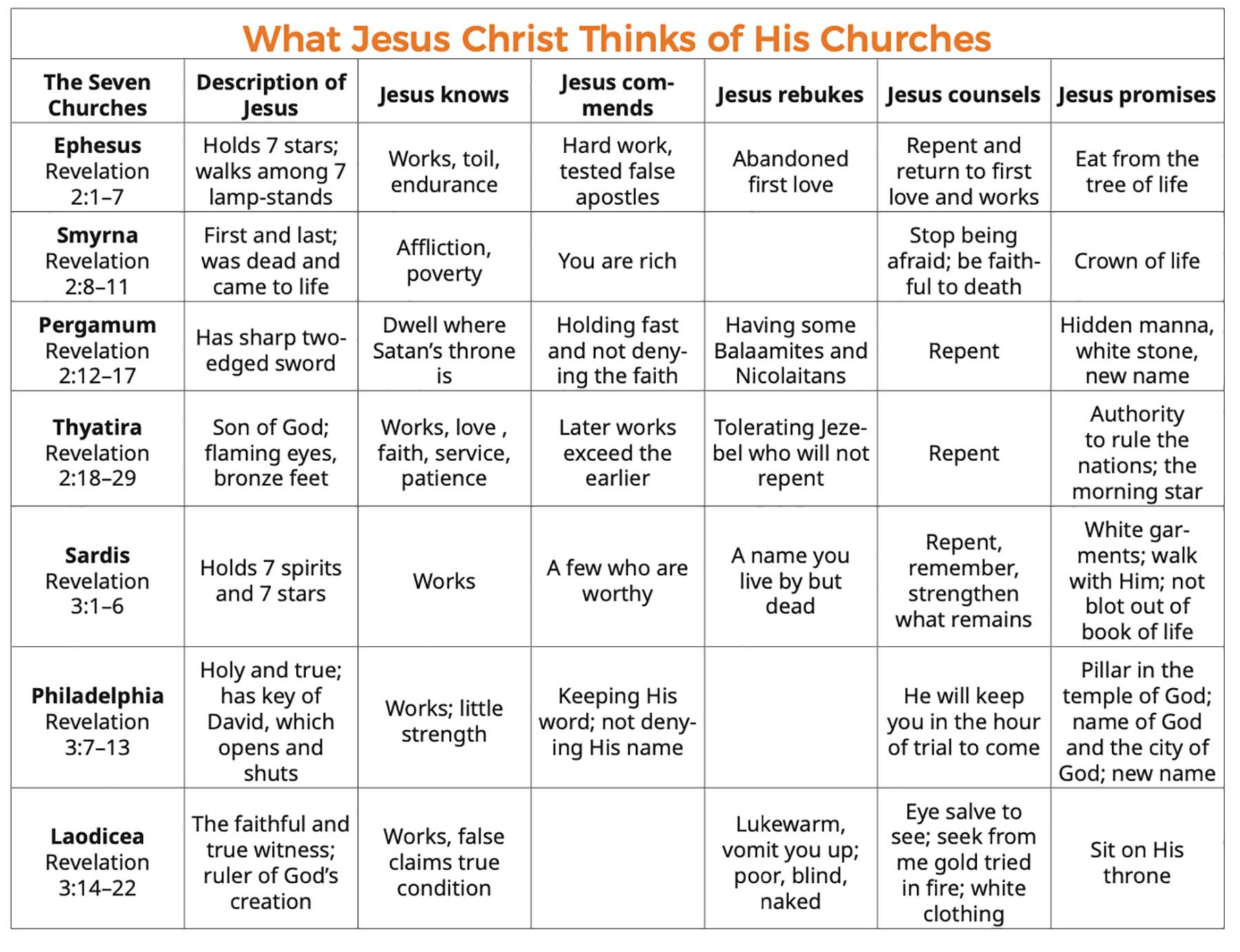
The Message to Ephesus
Read Revelation 2:1–7
Jesus has a number of positive things to say about the church at Ephesus.
It was an energetic church that knew how to work (verse 2).
The members were patient, enduring without becoming weary (verses 2 and 3).
They have discernment and are doctrinally sound (verses 2 and 6).
Interested in truth, this church does not want to see falsehood gain entry among the believers.
At first glance, it would be easy to get excited about this effective church but it has one problem: the church is backsliding in love (verse 4).
The Nicolaitans (Verse 6)
No-one is sure who the Nicolaitans were or what they taught.
According to some early Christian writers, they were heretical followers of Nicolas of Antioch, one of the seven deacons of the early church (see Acts 6:5), who ended up with unbiblical teachings.
The name itself means “the one who conquers the people.”
The Christian life contains many paradoxes and can be hard to maintain.
On one hand, we have the call to be faithful, energetic, discerning and doctrinally sound.
On the other, God summons us to be masterful in love. Keeping these in balance can be a difficult tension.
Checking someone out to see if they are doctrinally sound while trying to love them can be hard to do.
The desire for sound doctrine and decisive action often leads to the loss of mutual love, which is the badge of discipleship.
Jesus said: “By this all men will know that you are my disciples, if you love one another” (John 13:35 NIV).

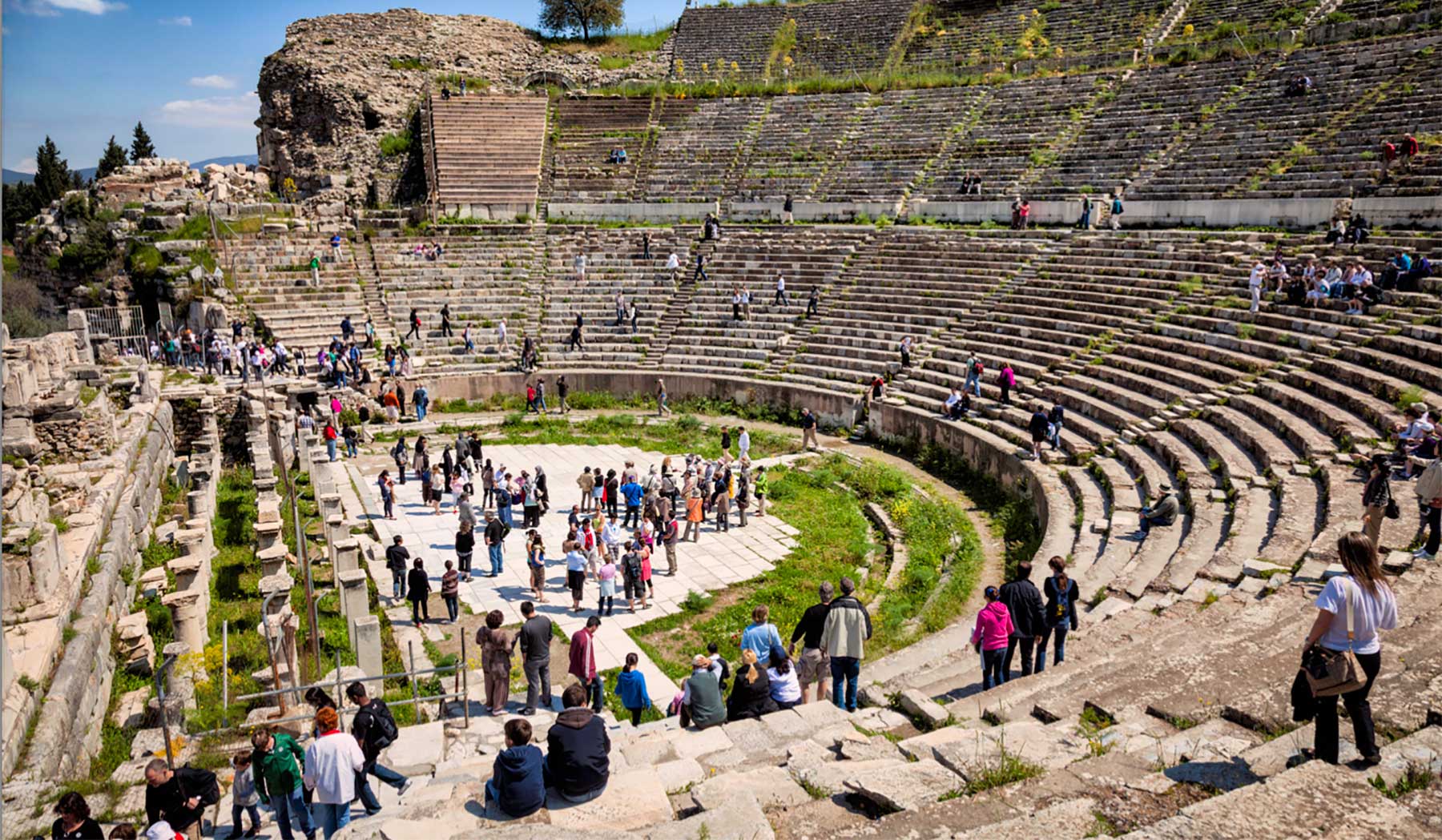
The Promise (Verse 7)
In this verse are promises taken out of the last two chapters of Revelation, where we have descriptions of a new heaven and a new earth.
Revelation tells us that toward the end of human history, some terrible things are going to happen but in the end, everything will be alright.
This book gives us hope and meaning for the future. That’s why we are studying it.
Beyond the disappointments of this world, God has something special for us. The Bible ends as it begins, with a new heaven and a new earth.
Read Revelation 21:1–4

This book gives us hope and meaning for the future.
God has prepared a city for His people. Inside this city are the tree of life and the river of life.
There is a lot of symbolism used here to describe a real place.
Between these two descriptions—Genesis 1, 2 and Revelation 21, 22—is a terrible story of suffering. Why does God allow it all to go on?
The last two chapters of Revelation match the first two chapters of Genesis.
The newly created world was real. It was populated with real people. That’s how it will be again.
What we have lost we will get back again, only better, because Jesus came and died for us and rose that we might live forever.
Read Revelation 21:1–4
What we have lost we will get back again, only better, because Jesus came and died for us and rose
that we might live forever.

The Message to Smyrna
Read Revelation 2:8–11
As we study the church in Smyrna, we will see again that Revelation deals with many great issues of our time.
An important question arises:
“If God is good—as the Bible claims—why do we have so much evil and suffering in our world?”
The terrorist attacks of September 11, 2001, made many of us face the fact that we really are involved in a war.
Some have said the events involved in bringing down the World Trade Centre in New York marked the beginning of a new way of going to war.
At the moment, it looks like a war without end.

Is God Good?
About 3,000 people perished that day.
They belonged to many nations, races and religions.
They were just going about doing what they usually did and they were caught up in this disaster.
Some had remarkable escapes but others didn’t make it.
Those who escaped began to thank God for His protection.
That’s a great thing to be able to do but what about those who did not escape?
How do we relate God to their deaths?
Were the ones who escaped better people?
Did they have a better relationship with God?

Smyrna and the Romans
Today, there is not much to see of the ancient city of Smyrna.
Izmir is the modern name for the area in Turkey, with a city of more than 2 million people.
It has a beautiful waterfront.
At the time John wrote these words, Christians were beginning to be looked upon with suspicion throughout much of the Roman Empire.
They claimed they had the one true religion and this made them appear narrow- minded.
Because they would not offer incense to Caesar, they were considered politically disloyal.
The market place area is about all we can see of the ancient city of Smyrna today.
In this area, the early church leader Polycarp was martyred in 156 AD.
Emperor worship was5 being enforced by law and he refused to offer incense to Caesar.
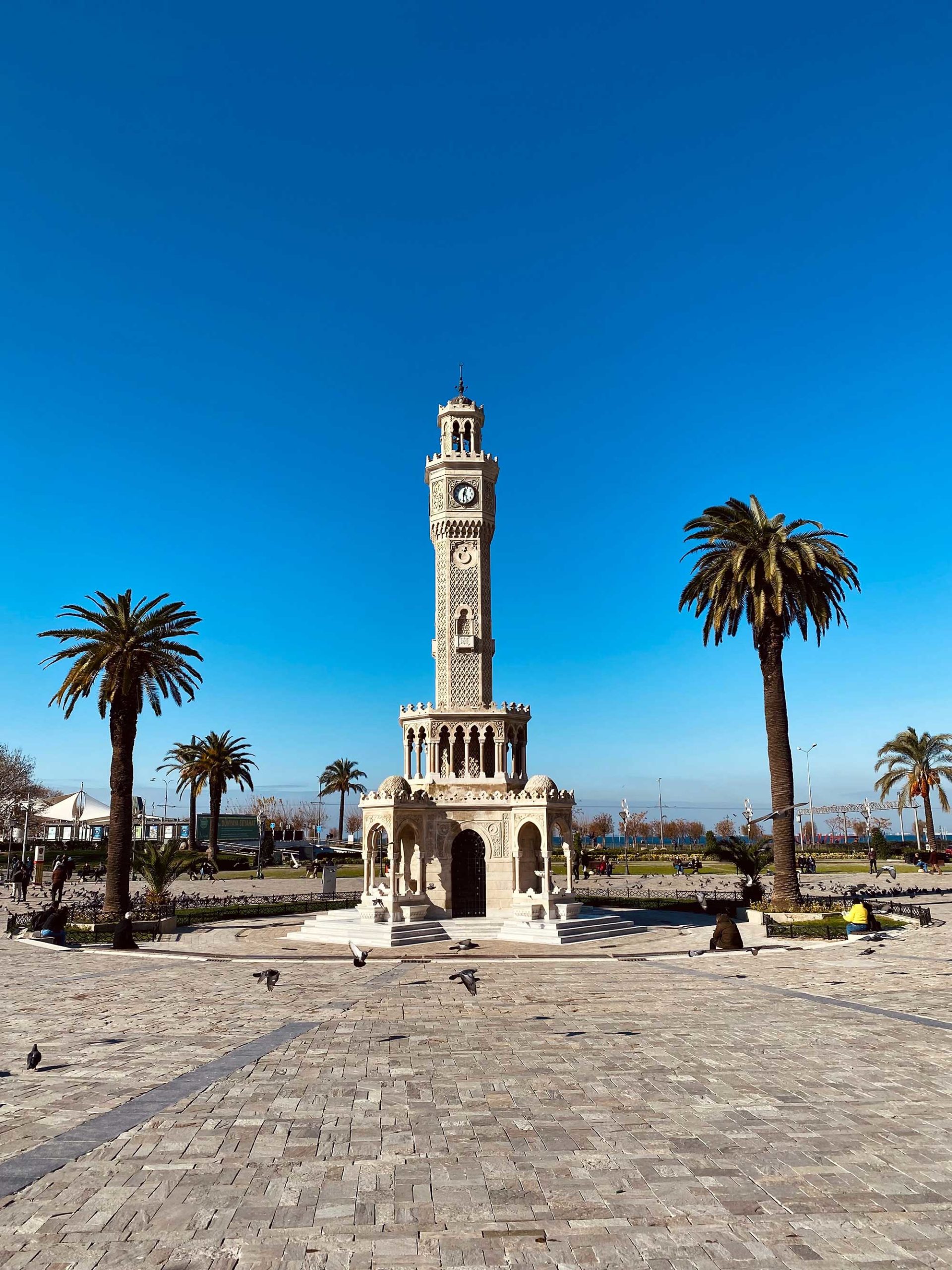
Eighty-six years I have served Him, and He never did me wrong. How then can I blaspheme my King, who has saved me?”
He was taken from his hiding place, making no effort to resist.
He offered his captors food and drink, then asked for time to pray, which he did for two hours.
Again, they asked him to sacrifice to the emperor. “Swear by the genius of Caesar and we will release you,” they said.
He replied, “Eighty-six years I have served Him, and He never did me wrong. How then can I blaspheme my King, who has saved me?”
He stood by the stake and asked not to be tied to it.
They gathered wood for the pile.
The fire was lit but the wind drove the flames away from him and prolonged his suffering, so a soldier plunged a sword into him to end his suffering.
What happened at Smyrna eventually happened across Asia Minor.
Many Christians fled for their lives.
Some went underground in Cappadocia.

Poor but Rich (Verse 9)
This is the church to which Jesus said:
“I know your afflictions and your poverty– yet you are rich!” (Revelation 2:9).
Commentators widely agree that the poverty in this passage is literal, while the riches are spiritual.
While poor and persecuted, the Smyrnians were rich in the goods of the gospel, wealthy in the things of the Spirit.
Jesus continued:
“I know the slander of those who say they are Jews and are not, but are a synagogue of Satan.” (Revelation 2:9).
It appears the church’s relationship with the Jews of Smyrna was at risk.
And the church faced a perilous situation.
By the second century, the Roman Empire expected everyone except the Jews to worship the emperor.
The authorities exempted Jews out of respect for the antiquity of their religion.
Since the Romans usually identified early Christians as Jewish, they often escaped unnecessary persecution.
But the Jews themselves had reason to be cautious about any association with Christians.
Twenty-five years earlier, Jewish apocalyptic excitement had provoked the Romans to destroy Jerusalem and its Temple, leaving thousands dead.
It was clear that Jewish status in the empire could be revoked at a moment’s notice if Christian talk of the Messiah created Roman suspicion against the Jews.
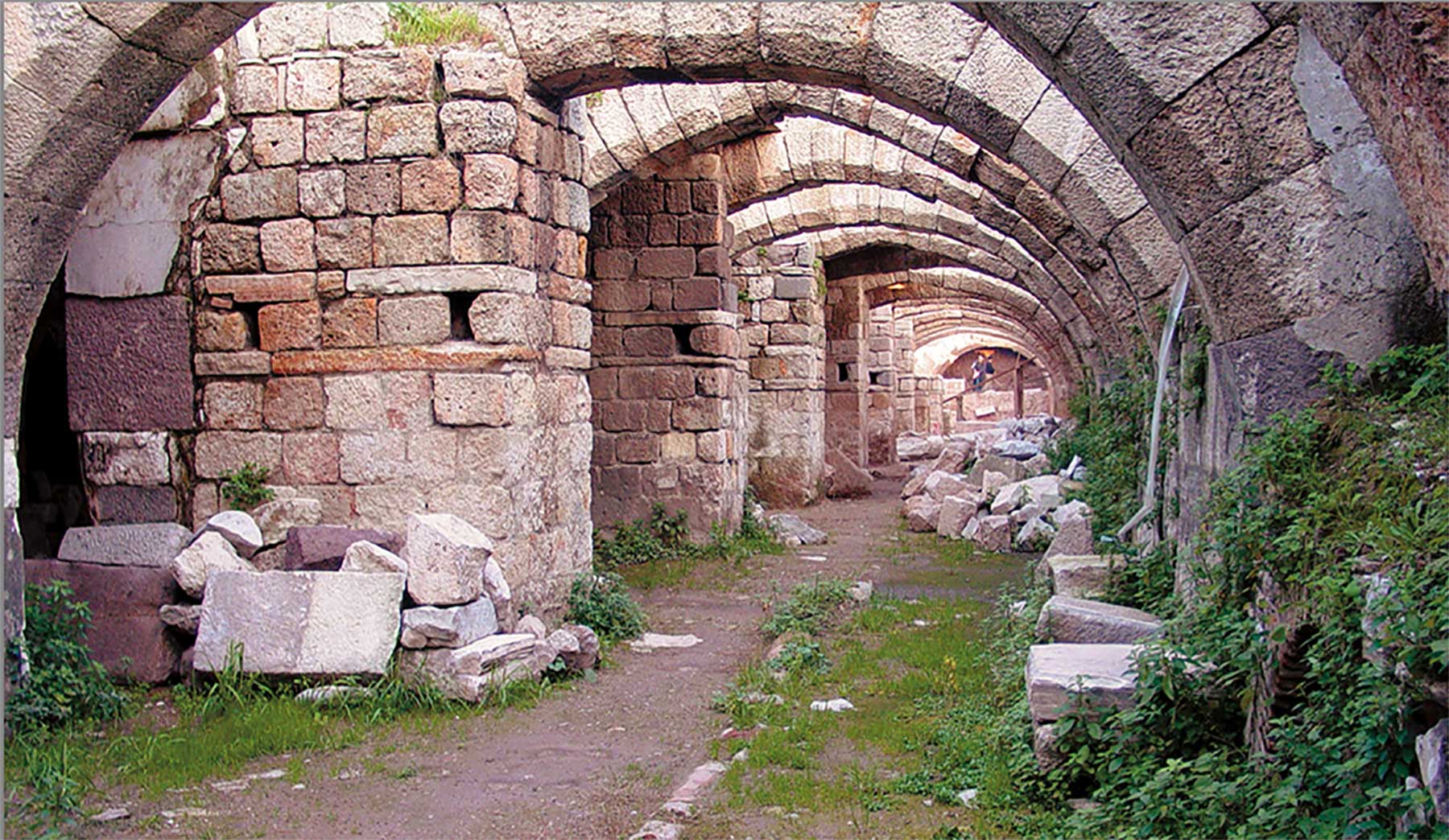
Revelation declares there is a devil and he is the cause of all that is going wrong in this world.
We cannot study Revelation for long without encountering the existence of Satan and his angels.
And his story is outlined in the Book of Revelation.
Revelation 12:7–12 talks of the devil or Satan being cast out of heaven to this earth.
And Revelation teaches that God will one day have a judgment where all that has been happening behind the scenes of earth’s history will be revealed.
According to Revelation, when we see the whole picture we will all declare that God was in control of all that was going on, and was just and fair in all His ways (see Revelation 15:3, 4; 19:1, 2).
In the end—according to Revelation 20:10, the devil and those who follow him will be destroyed.
Our Happiness Depends on Trusting Him
A big issue throughout Revelation is that God is seen to be fair in all His dealings. In a sense, He is on trial.
Our happiness depends on trusting Him. When we get to the end of Revelation, we will see a wonderful new heaven and earth that God is going to give to those who have been faithful. We will look at this in detail.
It will be something special.
But how could we ever enjoy it if God could not be trusted as being fair?
Imagine if God had good days and bad days like us.
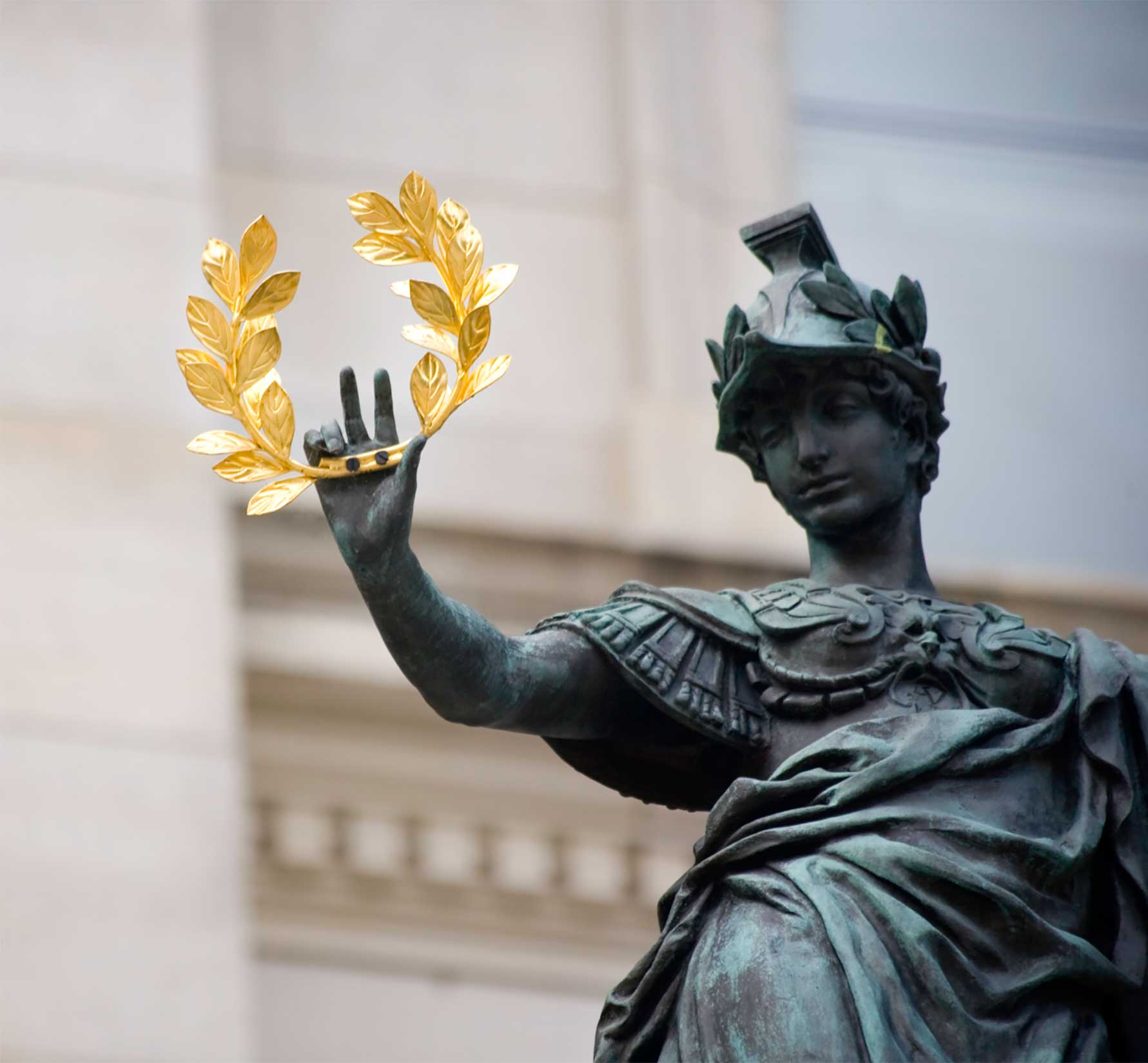
There is no Fear in Love (Verse 10)
At the time John wrote Revelation, the Jewish community was finding itself in some difficulty with the local leaders of Smyrna.
When Christian Jews talked about Jesus the Messiah and the end of the world, it only made things more difficult.
So we should understand the word “blasphemy” here in terms of “slander.”
“Do not be afraid of what you are about to suffer. I tell you, the devil will put some of you in prison to test you, and you will suffer persecution for ten days” (Revelation 2:10).
The expression “ten days” was a normal ancient term for a relatively short period of time (for example, see Genesis 24:55; 1 Samuel 25:38; Acts 25:6).
These 10 days represent a period of testing the faithfulness and endurance of the community in Smyrna, like the 10 days of testing for Daniel and his friends in Babylon (see Daniel 1:12–15).
Victory Over Death (Verses 10, 11)
Verse 10 continues:
“Be faithful, even to the point of death, and I will give you the crown of life.”
The crown mentioned here is a crown called a Stephanos, a crown given to those who are victorious in the Olympic Games.
Jesus is encouraging members of the church to follow in His footsteps.
It may cost them their lives but He will raise them up and give them life in a better world.
Verse 11 talks of the second death. Revelation 20:6–10 explains that God will punish evil one day by its final destruction.
No-one has yet experienced that death.
But Jesus died that death for us, if we accept Him.
Answers for Suffering Today
Meanwhile, we live in this world where terrible things can and do happen.
How can we handle this problem of suffering in our world?
Does the Book of Revelation help give us an answer?
• What is God really like?
• Does He play games with us?
• Does He shake the earth?
• Does He make tidal waves?
• Is this the God Jesus told us about?
As we consider these questions, we also begin to ask:
As a starting point, Revelation lays all the blame for the suffering and evil in the world on one person.
Revelation 2:10 reminds the members of the church in Smyrna that the one responsible for some of them being put in prison is the devil.

The real answer to suffering in our lives is faith.
The Bible talks about having “childlike faith” (see Matthew 18:3).
There are many things we do not understand but we believe one day, God will make everything clear to us.
We saw in our last session that God did not stay “out there,” away from us. He came near to us when Jesus was born into this world and became one of us.
As Jesus indicated, we will become disappointed in and betrayed by some who claim to follow God. They are followers of Satan.
The devil will try you and cast you into prison.
But be faithful, even if it costs you your life and you will receive a crown of life.

For a little more……..